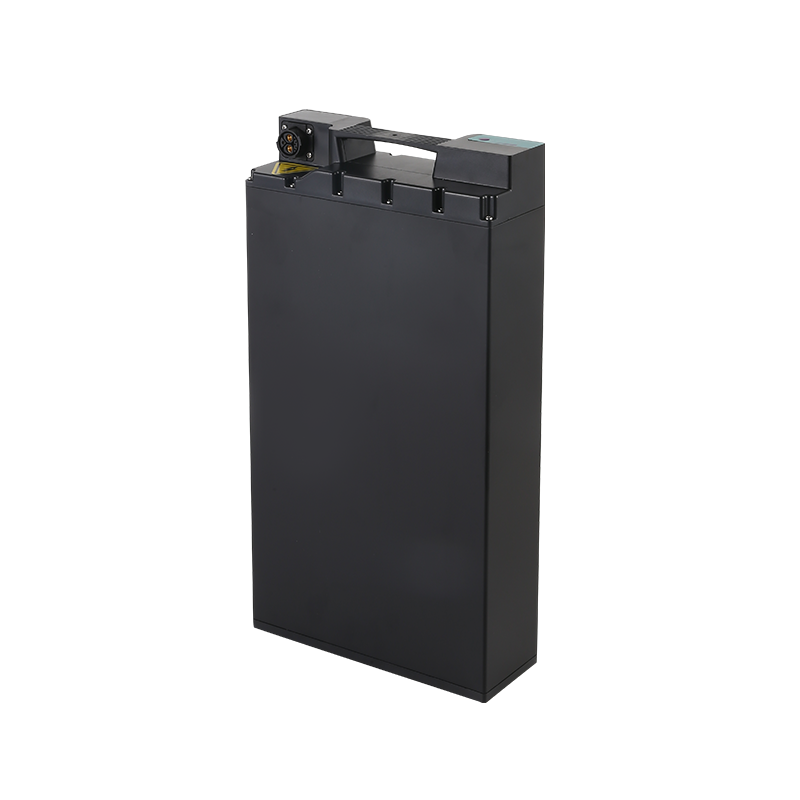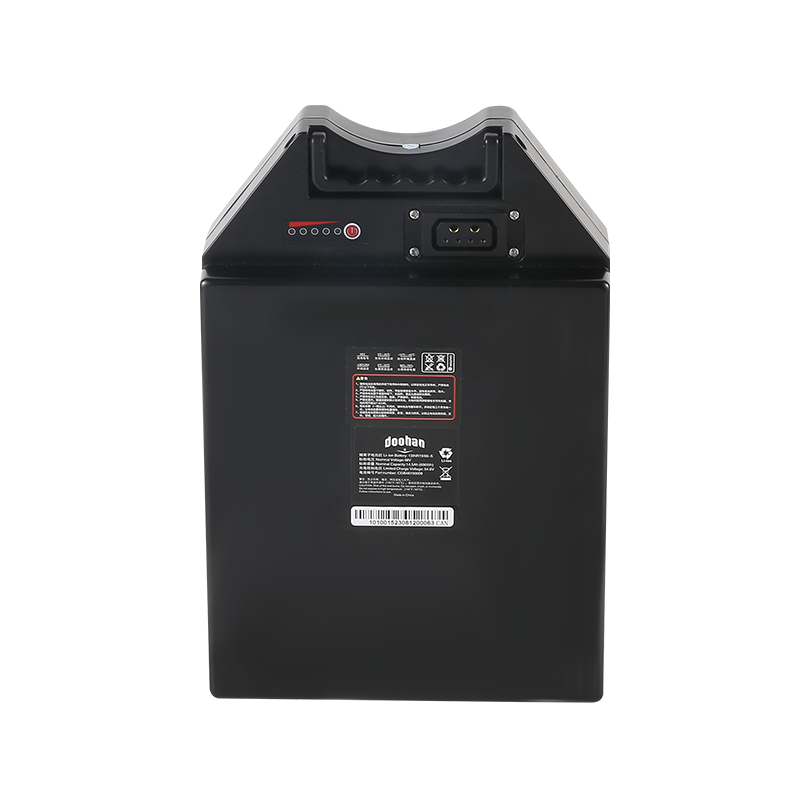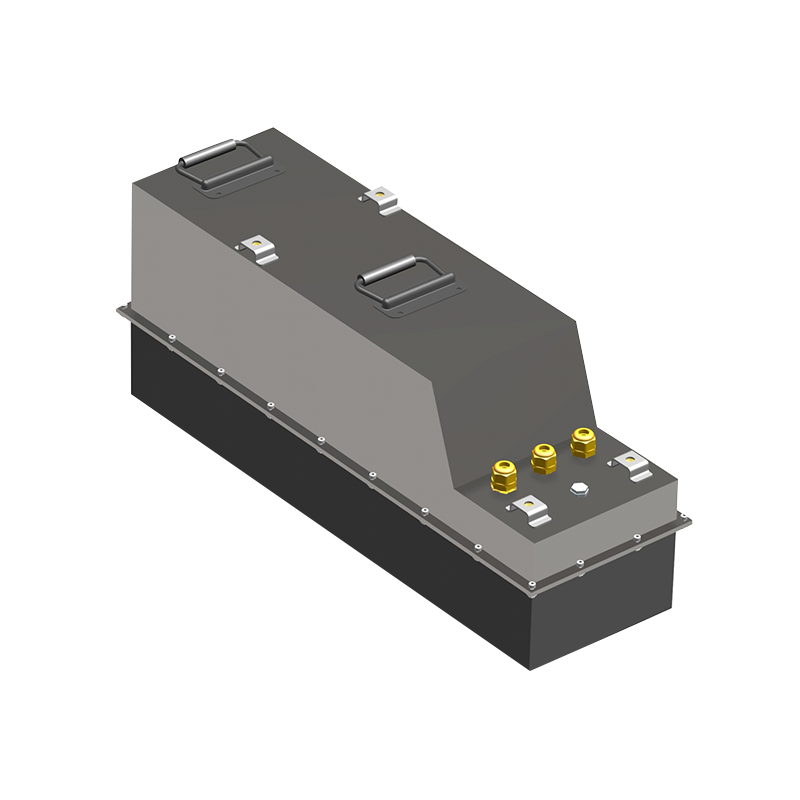Web Menu
Product Search
Exit Menu
Unraveling the Dynamics of Cylindrical Cell Modules
OEM Wholesale Cylindrical Cell Module Maker Manufacturing
Cylindrical cell modules represent a pivotal innovation in energy storage technology, revolutionizing the landscape of various industries. Composed of interconnected cylindrical lithium-ion cells, these modules have garnered significant attention for their versatility, efficiency, and compact design.
At the core of cylindrical cell modules are individual cylindrical lithium-ion cells, each encapsulating positive and negative electrodes separated by an electrolyte. These cells are meticulously arranged and interconnected within a module, typically in series and parallel configurations, to achieve the desired voltage and capacity specifications. The cylindrical form factor of these cells allows for efficient packing density and ideal thermal management, critical factors in ensuring performance and safety.
The versatility of cylindrical cell modules makes them indispensable across a myriad of industries. In the automotive sector, these modules power electric vehicles (EVs) and hybrid electric vehicles (HEVs), offering high energy density, rapid charging capabilities, and extended driving ranges. Their compact design facilitates seamless integration into vehicle architectures, optimizing space utilization and enhancing overall efficiency.
Moreover, cylindrical cell modules play a crucial role in renewable energy systems, serving as the backbone of energy storage solutions for solar and wind power installations. By capturing and storing excess energy during periods of high generation, these modules enable a reliable and consistent power supply, mitigating the intermittency associated with renewable energy sources.
In consumer electronics, cylindrical cell modules power a wide array of devices, including smartphones, laptops, and portable electronic gadgets. Their high energy density and lightweight properties make them ideal for powering devices requiring prolonged usage between charges, enhancing convenience and mobility for users.
The evolution of cylindrical cell modules is fueled by continuous advancements in materials science, manufacturing techniques, and engineering innovations. Researchers are exploring novel electrode materials, such as silicon-based anodes and high-energy-density cathodes, to further enhance energy storage capacity and cycle life while maintaining safety and reliability.
Furthermore, advancements in electrode coating technologies and electrolyte formulations are improving the performance and stability of cylindrical cell modules, particularly in high-power applications like electric vehicles and grid-scale energy storage.
Despite their myriad benefits, cylindrical cell modules face challenges related to safety, sustainability, and cost. Concerns surrounding the flammability of lithium-ion batteries and the environmental impact of raw material extraction underscore the need for ongoing research and development efforts to address these issues.
Moreover, ensuring a sustainable supply chain for critical raw materials like lithium and cobalt is essential for the long-term viability of cylindrical cell modules. Recycling initiatives and circular economy approaches are being explored to small waste and big resource efficiency throughout the lifecycle of these modules.
The future of cylindrical cell modules holds immense promise for further advancements and applications. As technology continues to evolve, these modules are poised to play a pivotal role in facilitating the transition towards a cleaner, more sustainable energy future.
Cylindrical cell modules represent a cornerstone of modern energy storage systems, offering unparalleled versatility, efficiency, and reliability across a wide range of applications. From powering electric vehicles to storing renewable energy, these modules are driving innovation and shaping the future of energy storage technology.
-

+86-13049701086
-

Stonehuang@CGONEN.com
-

No.88, Huji Road, Taizhou Bay Binhai New Area, Jiaojiang District, Taizhou City, Zhejiang Province, China











